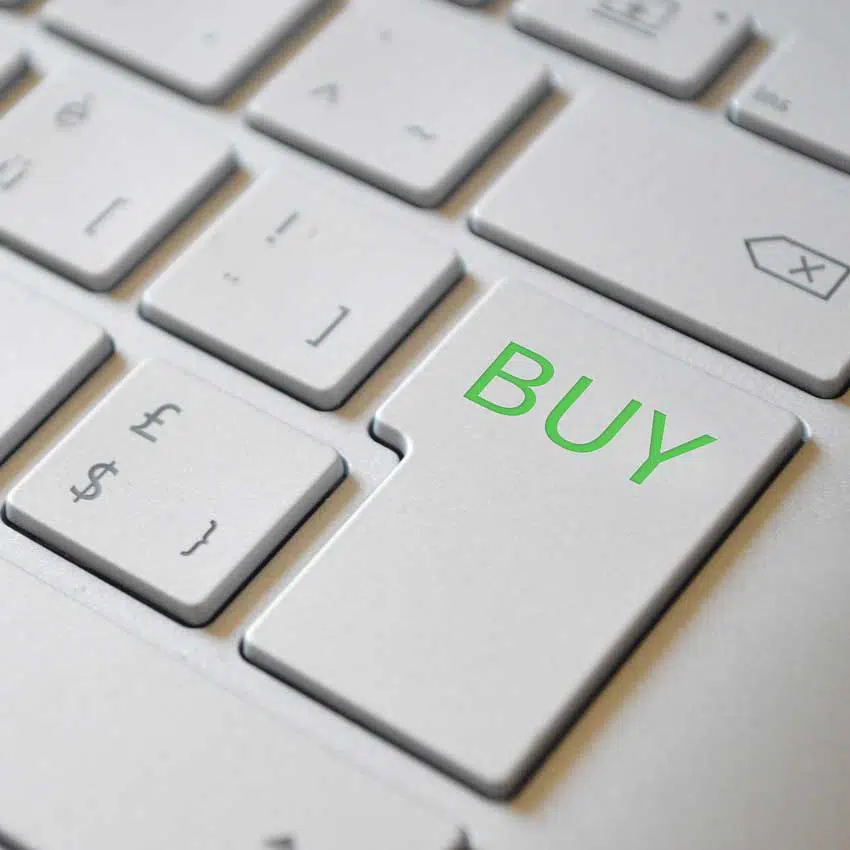The use cases for contactless payments have been there all along, but the Covid-19 pandemic is turning out to be a major motivator in adoption of the touch-averse technology.
Evidence comes in a roundup of data from the U.S. Payments Forum, a Princeton Junction, N.J.-based payments association. In its latest market snapshot, the Forum details that Visa Inc. reported U.S. contactless use has increased 150% since March 2019. Mastercard Inc. said global contactless use already was up 40% in the first quarter, prior to the lockdowns starting in March in the United States.
“The COVID-19 pandemic has brought immense change to the payments industry, shown in how effectively merchants have responded to calls for cleaner payments and reduced touchpoints across brick and mortar stores,” Randy Vanderhoof, director of the U.S. Payments Forum, said in a statement. “Industry leaders are dedicated to addressing these necessary changes and are still meeting virtually to remain connected in these times. Merchants and issuers are working to offer as many options as possible for consumers.”

Other data gathered by the Forum found that consumers readily adapted to the lockdown. Adobe Analytics recently found that buy-online-pickup-in-store shopping increased 208% between April 1 and April 20, compared to the same period a year ago.
In related news, the Forum said presenters at one of its recent meetings noted the pandemic had both a positive and negative effect on the EMV liability shift for fuel pumps. “Some fuel-pump operators have seen the slowdown in demand as an opportunity to move forward with installations and certifications without disrupting business hours,” the Forum’s Wednesday release said. The card brands moved the liability shift implementation to April 2021, instead of October.





